The Fast-Moving Consumer Goods (FMCG) industry in the United Arab Emirates (UAE) presents a range of lucrative opportunities for both multinational corporations and local brands. As one of the fastest-growing sectors in the region, the UAE’s FMCG industry benefits from a rapidly expanding population, increasing disposable incomes, and an evolving retail landscape. Companies looking to enter this dynamic market or expand their presence must adopt strategic approaches to gain a competitive edge. This article will explore key growth opportunities in the UAE’s FMCG industry, with a focus on market entry strategies and competitive advantages.
Market Entry Strategies for the UAE’s FMCG Industry
- Understanding the Consumer Base One of the first steps for any company entering the UAE’s FMCG market is understanding the local consumer base. The UAE is home to a diverse population, with expatriates making up 88.5% of the residents. This diversity translates into varied consumer preferences, which can be both a challenge and an opportunity for FMCG companies. Brands that cater to specific consumer segments, such as premium, health-conscious, or culturally specific products, are well-positioned to succeed.
Additionally, consumer behavior in the UAE is shifting towards digital platforms, with more people opting to shop online. Therefore, FMCG companies should consider integrating e-commerce into their market entry strategies. Building a strong digital presence and partnering with established e-commerce platforms can help companies reach a wider audience. - Leveraging Local Partnerships Collaboration with local distributors, retailers, and e-commerce platforms can be a critical factor in successfully entering the UAE’s FMCG industry. Local partnerships offer valuable market insights, help navigate regulatory environments, and provide access to established distribution networks. Companies that leverage these partnerships can accelerate their market entry and build a competitive advantage by tapping into existing local infrastructure.
Major multinational companies such as Nestle and Procter & Gamble have successfully expanded their operations in the UAE through local partnerships, which have allowed them to reach a broader consumer base while maintaining competitive pricing strategies. - Navigating Regulatory Compliance The UAE’s regulatory framework is stringent, particularly for industries like FMCG, which deal with food safety, consumer goods, and health products. Companies must ensure they are compliant with local regulations regarding product safety, labeling, and quality standards. By staying ahead of regulatory requirements, FMCG companies can avoid potential legal challenges and build consumer trust. This approach helps establish a strong foundation for long-term success in the market.
Competitive Advantages in the UAE’s FMCG Industry
- Product Differentiation and Innovation One of the most significant growth opportunities in the FMCG industry lies in product differentiation. In a market crowded with established brands, innovation is key to capturing consumer attention. Companies that introduce unique products—whether through packaging, sustainability, or functional benefits—are likely to stand out in the competitive landscape. The increasing demand for organic, plant-based, and sustainable products presents a unique opportunity for FMCG companies to cater to health-conscious and environmentally aware consumers.
- Sustainability and Environmental Focus As sustainability becomes a central theme in consumer purchasing decisions, FMCG companies in the UAE can gain a competitive advantage by adopting eco-friendly practices. Leading brands have already started incorporating sustainable packaging and reducing their carbon footprints. Nestle, for instance, has committed to using 100% recyclable packaging by 2025. Companies that prioritize sustainability not only appeal to consumers but also align with the UAE government’s sustainability goals, positioning themselves for long-term growth.
- Adopting Digital Transformation Digital transformation is reshaping the FMCG landscape in the UAE. Brands that invest in digital tools such as artificial intelligence, data analytics, and e-commerce platforms are gaining a significant edge in understanding consumer behavior, optimizing inventory, and enhancing customer engagement. As consumer behavior shifts towards online shopping, companies that integrate seamless omnichannel strategies are better equipped to capture and retain market share.
Conclusion: Harnessing FMCG Industry Growth Opportunities
The FMCG industry in the UAE offers a wide range of growth opportunities, driven by the country’s diverse consumer base, regulatory stability, and expanding digital infrastructure. Companies that focus on market entry strategies such as local partnerships, regulatory compliance, and digital integration are more likely to succeed. Additionally, product differentiation, sustainability, and digital innovation serve as key competitive advantages that will drive FMCG industry growth opportunities in the coming years.

